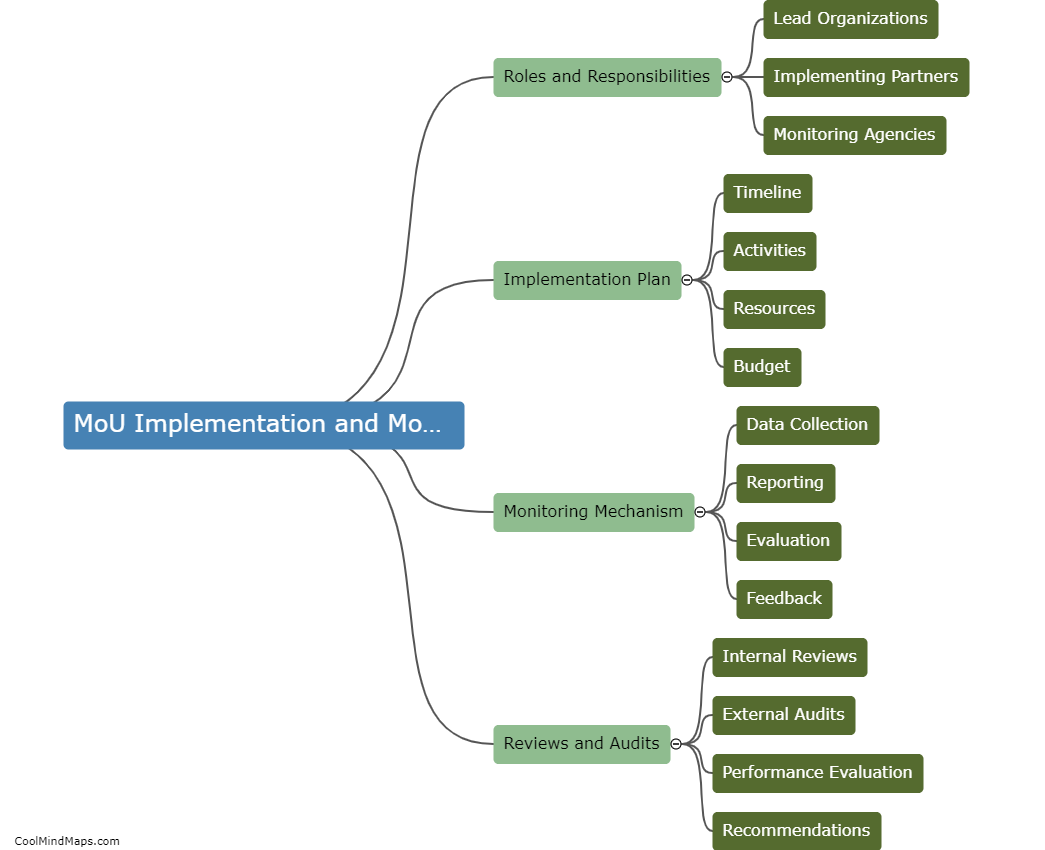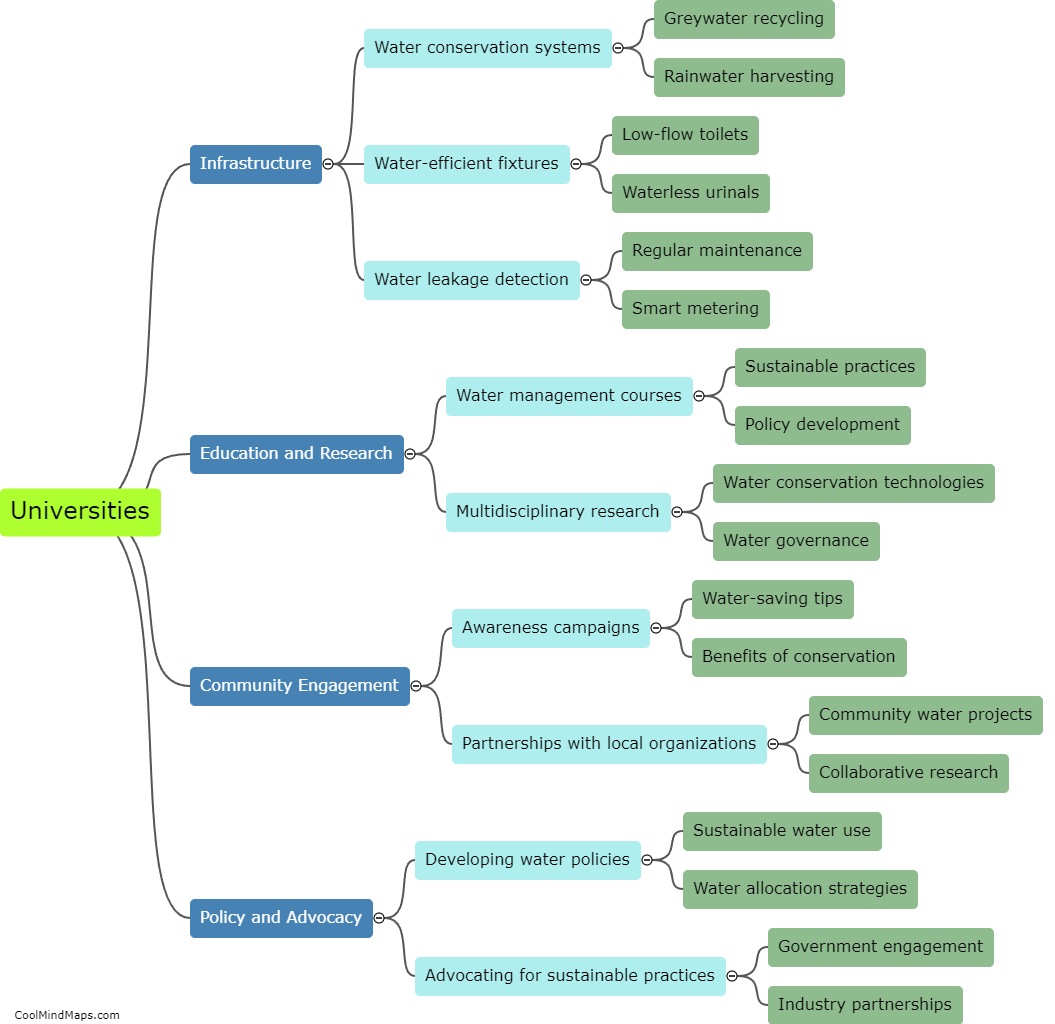How can universities contribute to water management?
Universities play a crucial role in contributing to water management through various means. Firstly, they can conduct research on water-related issues, studying the availability, quality, and usage patterns of water resources. This research can help identify potential water management strategies and innovative solutions to address water scarcity, pollution, and conservation. Secondly, universities can offer educational programs focused on water management, training the next generation of water experts and professionals who can contribute to sustainable water practices. Moreover, universities can collaborate with government agencies, non-profit organizations, and local communities to develop and implement sustainable water management projects. By sharing knowledge, expertise, and resources, universities can play a significant role in shaping policies, promoting awareness, and advocating for effective water management practices at local, national, and global levels.

This mind map was published on 5 December 2023 and has been viewed 92 times.











